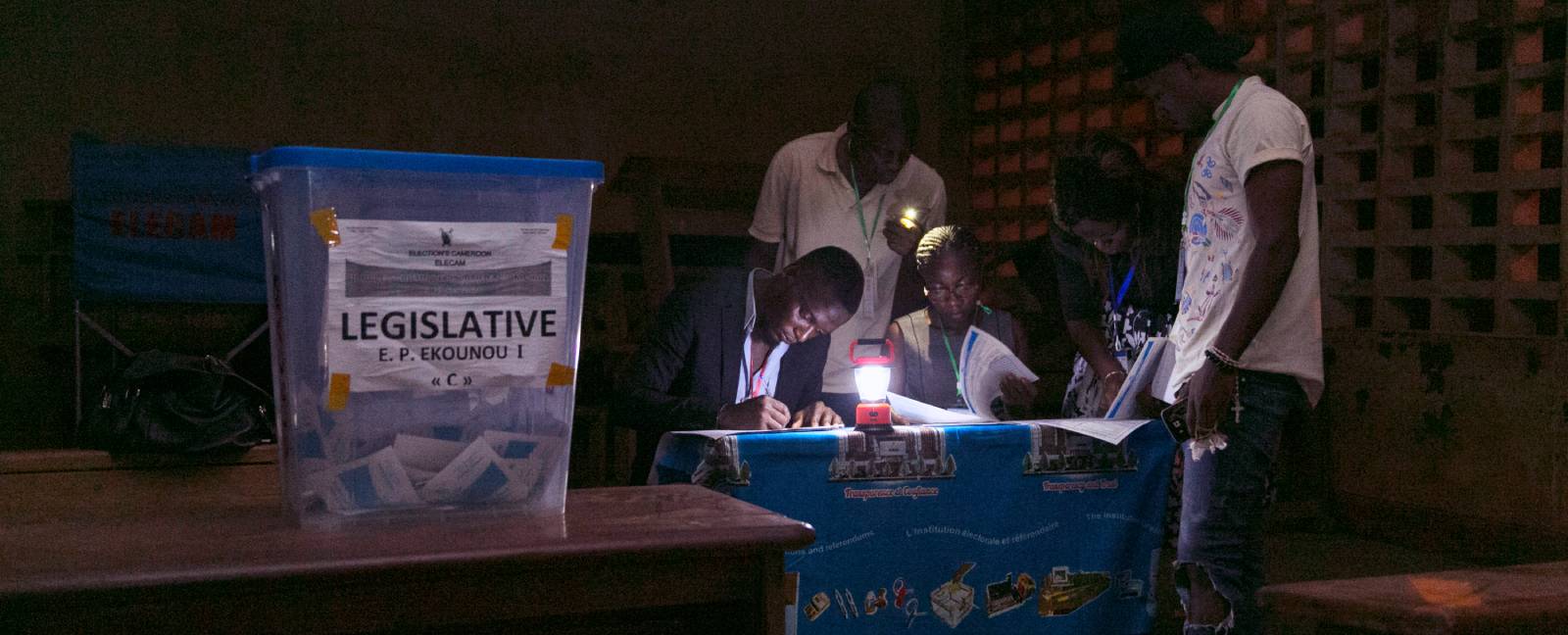Cameroon’s postponement of municipal and legislative elections renders 300-signature requirement for 2025 presidential race legally invalid

The postponement of Cameroon’s municipal and legislative elections to 2026 has effectively nullified the requirement for presidential candidates in 2025 to secure 300 signatures from elected officials—a condition previously mandated by Article 121 of the Electoral Code.
The stipulation called for candidates to gather endorsements from 30 personalities representing the country’s 10 regions, including parliamentarians, regional and municipal councilors, traditional chiefs, or members of consular chambers.
However, due to the deferment of the legislative and municipal polls, this prerequisite has become legally untenable.
Legal experts cite the “theory of exceptional circumstances” to explain this change.
Under this principle, established laws may be set aside in extraordinary situations that disrupt normal processes.
The postponement measures, enacted amidst exceptional political and logistical challenges, fall under this category.
The constitutional basis for this move lies in Article 15(4) of Cameroon’s Constitution, which permits the President to extend or shorten the mandates of deputies during serious crises or when circumstances demand it.
In a related decree dated July 24, 2024, the President similarly invoked electoral code provisions to extend municipal councilors’ mandates by up to 18 months, “in case of necessity.”
These exceptional decisions aimed to ease electoral scheduling pressures and reduce the financial and administrative burdens of organizing multiple elections within the same year.
Crucially, with legislative and municipal elections now set after the presidential vote, newly elected officials who would normally provide the required signatures are not yet in place.
“It is a general principle of law that no one should be obliged to perform an act made impossible by a unilateral decision of the public authority,” the legal analysis explains.
Given that the President, as the “prince” of the state, extended mandates unilaterally, candidates cannot be held accountable for failing to secure signatures from officials whose mandates have been extended beyond the election date.
In summary, Cameroon’s exceptional political context has rendered the 300-signature rule for the 2025 presidential election obsolete, underscoring the legal principle that extraordinary circumstances demand exceptional measures.
About The Author
dailymailafric
I am an avid African news observer, and an active member of Daily Mail Africa.
I’m Passionate about staying informed on diverse topics across the continent,
I actively contribute to publishing on political, economic and cultural developments in Africa.



